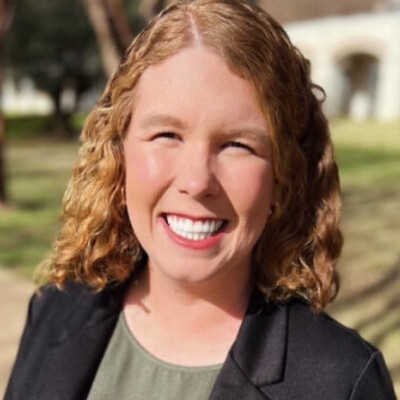Examining Ethical Codes to Advance Interprofessional Education and Collaborative Practice
Ethical guidelines of principles and standards of conduct for a profession are generally referred to as ethical codes. Gifford (2024) compared the ethical codes of behavior analysts, occupational therapists, school psychologists, and speech-language pathologists, identifying common themes such as confidentiality, informed consent, welfare, and equality. While these professions share core values, differences in their ethical codes can impact collaboration. As healthcare professionals increasingly work with other fields to support patient needs, understanding the ethical codes and scopes of practice of other professions may enhance collaboration and benefit patients and families.
This project compared the ethical codes of behavior analysts, occupational therapists, school psychologists, and speech-language pathologists to the IPEC values and ethics core competencies. The IPEC values and ethics core competencies were operationally defined and compared to the Behavior Analyst Certification Board (BACB) and the American Speech-Language-Hearing-Association (ASHA) ethics codes. An initial examination revealed similarities and differences across the ethical codes. These differences may contribute to potential conflicts due to differing priorities, standards, and practices, potentially leading to misunderstandings and role confusion. Examining these differences presents opportunities for dialogue and developing a shared ethical understanding in interprofessional practice.
Attendees will be encouraged to participate in the session in multiple ways, including via chat and live polls.
After attending the session, participants will be able to:
-Identify ethical principles shared across multiple health professions.
-Explain the relevance of shared ethical values and the potential impact of variations on interprofessional collaboration.
-Discuss strategies for navigating ethical conflicts.



